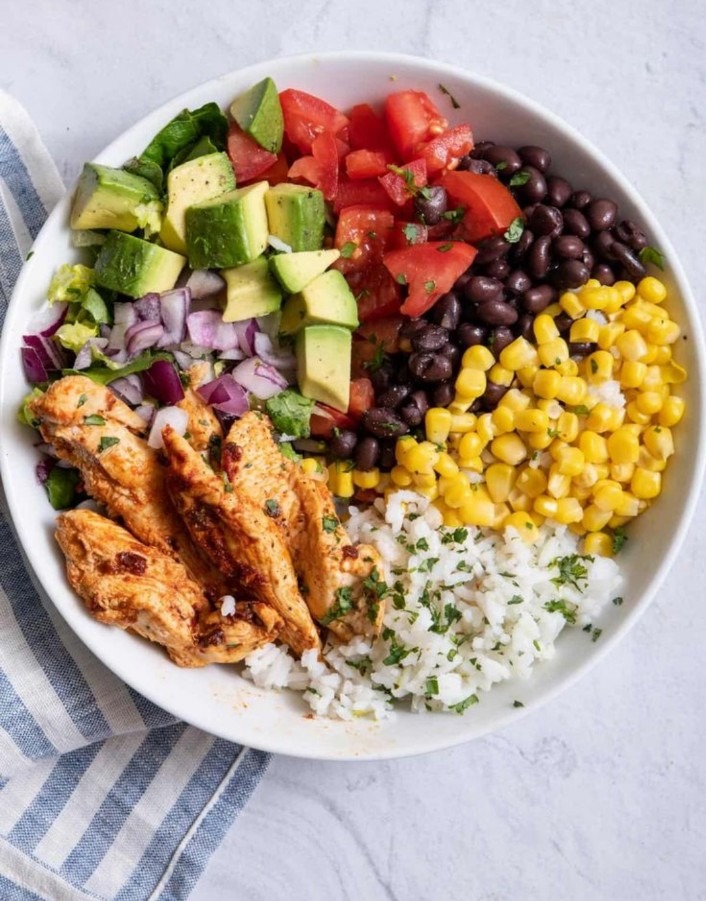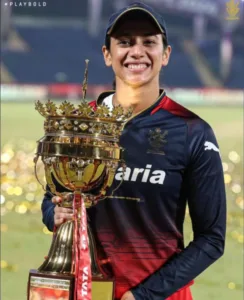An Ultimate guide on diet plan for cricketers.

Maintaining a proper diet plan for cricketers is paramount for optimal performance on the field. A well-balanced meal plan for cricketers not only fuels their bodies but also aids in recovery and endurance during matches
The Best Diet Plan for Cricketers
Crafting an effective diet plan for cricketers involves incorporating nutrient-rich foods such as fruits, vegetables, lean proteins, and whole grains. Prioritizing hydration and consuming complex carbohydrates like brown rice and oats ensures sustained energy levels during matches. Pre and post-match snacks, such as nuts and yogurt, aid in quick energy boosts and muscle recovery. Overall, a well-designed diet plan is essential for cricketers to optimize their performance and endurance on the field.
Importance of Diet for Cricketers
Recognizing the significance of a diet plan for cricketers is pivotal for their success on the field. A well-planned diet plan for cricketers not only enhances their physical performance but also aids in mental clarity and focus during high-pressure situations.
Best Nutrients to Include in Diet Plan for Cricketers
Incorporating the best nutrients into the diet plan for cricketers ensures they have the fuel they need for optimal performance. Macronutrients like carbohydrates, proteins, and fats provide energy, support muscle repair, and regulate bodily functions, while proper hydration maintains fluid balance and prevents fatigue.
Macronutrient Breakdown
Balancing macronutrients in a diet plan for cricketers is essential to meet their energy demands. Carbohydrates fuel intense physical activity, proteins support muscle repair, and fats contribute to overall energy and hormone regulation.
Carbohydrates
Carbohydrates, a primary energy source for cricketers, provide the fuel needed for high-intensity activities during matches. Incorporating complex carbohydrates like whole grains, fruits, and vegetables into their diet plan for cricketers ensures sustained energy levels and optimal performance on the field.
Proteins
Proteins, crucial for muscle repair and growth, are essential in a diet plan for cricketers. Lean sources such as chicken, fish, eggs, and legumes support recovery after rigorous training sessions and matches.

Fats
Healthy fats, vital for maintaining overall health and energy levels, should be included in a diet plan for cricketers. Sources like nuts, seeds, avocados, and olive oil provide sustained energy and support hormone regulation for peak performance.
Hydration
Proper hydration is key in a diet plan for cricketers to maintain performance and prevent dehydration during matches. Adequate fluid intake regulates body temperature, lubricates joints, and transports nutrients for optimal performance and recovery.

Sports Nutrition for Optimal Performance Throughout the Game
Pre-match Nutrition
Prior to a game, cricketers should focus on consuming a balanced meal plan for cricketers that provides the right timing and composition. The timing and composition of the pre-match meal in the diet plan for cricketers should consist of easily digestible carbohydrates and lean proteins to fuel the body and support muscle repair.
Timing and Composition of Pre-Match Meal
Incorporating the timing and composition of the pre-match meal into the diet plan for cricketers is crucial for optimizing performance. Consuming a meal rich in carbohydrates and moderate in protein about 2-3 hours before the game provides the necessary energy without causing discomfort during play.
Importance of Carbohydrate Loading
Carbohydrate loading is a valuable strategy in the diet plan for cricketers to maximize glycogen stores and enhance endurance. Including carbohydrate-rich foods like pasta, rice, and bread in the days leading up to the match helps cricketers maintain energy levels throughout the game.
In-Match Nutrition
During the game, maintaining hydration and consuming quick energy boosters are key components of the diet plan for cricketers to sustain performance levels. Hydration strategies and easily digestible snacks play crucial roles in preventing fatigue and maintaining focus on the field.
Hydration Strategies
Hydration strategies are paramount in the diet plan for cricketers to prevent dehydration and optimize performance during matches. Cricketers should aim to drink fluids regularly, including water and electrolyte-rich beverages, to replace fluids lost through sweat and maintain proper hydration levels.
Quick Energy Boosters
Incorporating quick energy boosters into the meal plan for cricketers helps replenish glycogen stores and maintain energy levels during intense periods of play. Snacks like bananas, energy bars, and sports drinks provide readily available carbohydrates to fuel muscles and sustain performance.
Post-Match Recovery
After the game, focusing on post-match recovery in the diet plan for cricketers is essential for supporting muscle repair and replenishing energy stores. Protein-rich meals and rehydration strategies aid in recovery and prepare cricketers for future matches.
Protein-rich Meals
Consuming protein-rich meals as part of the diet plan for cricketers supports muscle repair and growth post-match. Foods such as grilled chicken, fish, tofu, and lentils provide essential amino acids to repair muscles and promote recovery.
Rehydration and Electrolyte Balance
Rehydration and electrolyte balance are critical aspects of post-match recovery in the diet plan for cricketers. Cricketers should replenish fluids lost during the game by drinking water and electrolyte-rich beverages to restore hydration and maintain proper electrolyte balance.
Benefits of Essential Nutrients in Athletic Performance
1.Proper hydration aids in regulating body temperature and preventing dehydration during intense physical activity.
2.Carbohydrates provide a readily available source of energy for sustained performance during matches.
3.Proteins support muscle repair and growth, crucial for recovery after strenuous training sessions and games.
4.Healthy fats contribute to long-lasting energy and hormone regulation, essential for endurance on the field.
5.Vitamins and minerals play key roles in various bodily functions, including metabolism and immune function, supporting overall health and performance.
6.Electrolytes help maintain fluid balance and support nerve and muscle function, critical for optimal athletic performance.
Suggestions for Essential Nutrition in Your Daily Meal Plan
1.Prioritize hydration with plenty of water and electrolyte-rich beverages.
2.Incorporate carbohydrates for energy, focusing on whole grains and fruits.
3.Include lean proteins like chicken, fish, and legumes to support muscle repair.
4.Incorporate healthy fats from sources like nuts, seeds, and avocados for sustained energy.
5.Ensure adequate intake of vitamins and minerals through a variety of fruits and vegetables.
6.Pay attention to electrolyte balance with foods like bananas and coconut water.
Tips for Maintaining a Healthy Diet During Tournaments
1.Plan ahead and pack nutritious snacks like fruit, nuts, and energy bars to fuel your body between matches in your diet plan for cricketers.
2.Stay hydrated by drinking water regularly throughout the day, and consider electrolyte-rich drinks to replenish lost fluids during intense matches in your diet plan for cricketers.
3.Choose balanced meals that include carbohydrates for energy, proteins for muscle repair, and fats for sustained endurance in your meal plan for cricketers.
4.Avoid excessive caffeine and sugary drinks, as they can lead to energy crashes and dehydration during long tournament days in your diet plan for cricketers.
5.Prioritize sleep and rest to allow your body to recover and recharge for the next day’s matches, supporting your overall performance and diet for cricketers.
In conclusion, maintaining a healthy diet plan for cricketers during tournaments is crucial for sustaining energy levels and optimizing performance on the field. By following these tips and prioritizing consistent nutritional practices, cricketers can ensure they are properly fueled and ready to compete at their best.







